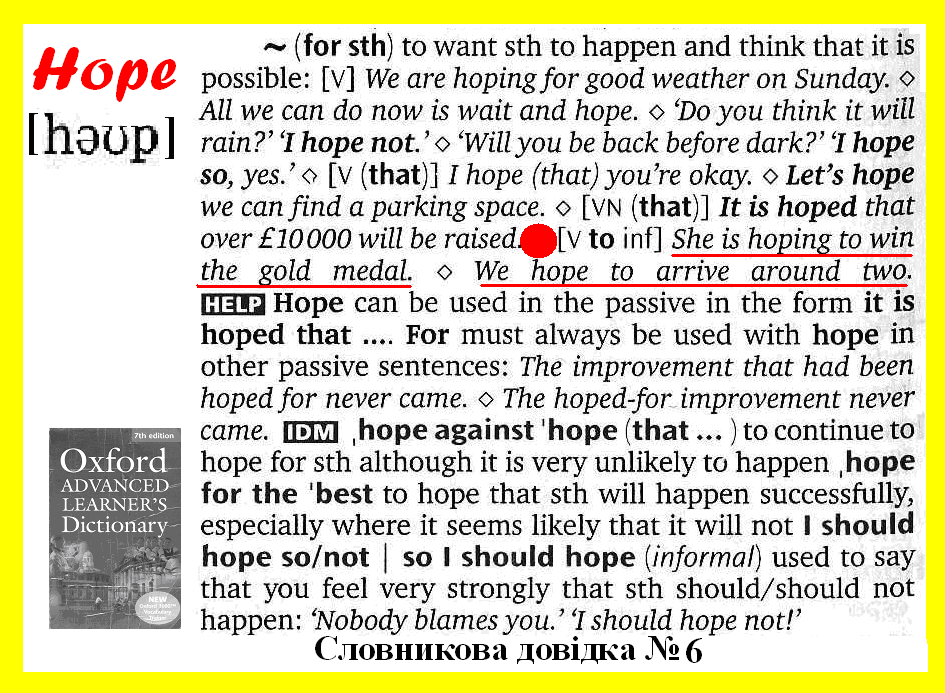
- •6.030508 «Фінанси і кредит», 6.030504 «Економіка підприємства»,
- •6.030505 «Управління персоналом та економіка праці».
- •Ббк 81.2 Англ
- •Тема 1-2 (37-38 з 1 курсу )
- •Spelling Test
- •Adam Smith
- •Тема 3-4 (39-40 з 1 курсу )
- •Spelling Test
- •Karl Marx
- •Тема 5-6 (41-42 з 1 курсу)
- •Spelling Test
- •John Maynard Keynes
- •Spelling Test
- •Тема 9-10( 45-46 з 1 курсу)
- •Spelling Test
- •Тема 11-12 ( 47-48 з 1 курсу)
- •Spelling Test
- •Dressing for a job interview and coming for the appointment correctly
- •Тема 13-14 ( 49-50 з 1 курсу)
- •Spelling Test
- •Thank-you notes after the interview and at work
- •Тема 15-16 (51-52 з 1 курсу)
- •Тема 17-18 (53-54 з 1 курсу)
- •Ббк 81.2 Англ
Spelling Test
(Для диктанту ТЕКСТ №5 «Дюк Веллінгтон» скорочено до одної третини від загального обсягу та спрощено до самих основних чи цікавих подій; цю навчальну роботу можна виконувати декількома частинами)
Wellesley Wellington or Iron Duke
Iron Duke was British army commander during the Napoleonic Wars and later prime minister of Great Britain (1828-30). Wellington twice reached the zenith of fame with a period of unexampled odium intervening. By defeating Napoleon at Waterloo he became the conqueror of the world’s conqueror. False pride, however, never prevented him from retreating either on the field or in Parliament, and for the country’s sake he supported policies that he personally disapproved. In old age, he was idolized as an incomparable public servant – the Great Duke. Reaction came after his death. He has been rated an over-cautious general and, once, Britain’s worst 19th-century prime minister. Today there is widespread appreciation of his military genius and of his character as an honest and selfless politician, uncorrupted by vast prestige.
Wellesley was the fifth son of an earl. Too withdrawn to benefit from his Eton schooling, he was sent to a military academy in France. His widowed mother thought he was “food for powder and nothing more.” At the age of 18, he was commissioned in the army. At 24, though in debt, he proposed to Catherine Pakenham but was rejected. Arthur abandoned heavy gambling to concentrate on his profession. As lieutenant colonel of the 33rd Foot by purchase, he saw active service, learning from his superiors’ blunders. After failing to obtain civil employment, he was glad to be posted to India in 1796.
In India, he adopted a regime of abstemiousness and good humour, and exploited his talents at service. All the successful qualities he later exhibited on European battlefields were developed in India: decision, common sense, and attention to detail; care of his soldiers and their supplies; and good relations with the civilian population. Napoleon was unwise in later writing him off as a mere “Sepoy{for the Indians only} general.” Wellesley returned to England in 1805 with a knighthood.
Wellesley’s new assignments were disappointing: but he felt he must serve wherever duty required. One duty was to marry his faded Kitty in 1806; another was to enter Parliament.
In the Napoleonic Wars, Wellesley did not intend to be “half beaten before the battle began”. Such was the effect with continental armies. Wellington led defensive, scorched-earth policy and confirmed his soldiers’ trust in him. He was nicknamed “nosey” by his men, and “the beau” by his officers, for his slim five feet nine inches, the perfectly cut civilian clothes he preferred to wear, his wavy brown hair, and brilliant blue eyes. Wellington invaded France, thus ending the Peninsular War, that was only four days after Napoleon had abdicated. Already marquess and field marshal, he was now created a duke, with the nation’s gift of £500,000.
With Napoleon on Elba, Wellington was appointed ambassador to France to the restored Bourbon court. The victory of Wellington and the Prussian field marshal Blücher at Waterloo established the Duke as Europe’s most renowned hero. “I hope to God that I have fought my last battle,” he said, weeping for the fallen. “It is a bad thing to be always fighting.” His hope was fulfilled. As commander in chief during the occupation of France, he opposed a punitive peace, organized loans to rescue French finances, and advised withdrawal of the occupying troops after three years. For these policies he won the gratitude of the peace congress, returning home in 1818 with the batons of six foreign countries.
Wellington’s experiences abroad prevented him from ever becoming a party politician. His identification was with the party of law and order. The phrase “retained servant of King and people” and variants of it were used repeatedly by the Duke of himself and aptly suggest the self-dedication for which he is chiefly honoured.
Many amusing personal peculiarities in clothes and correspondence, together with a gift for repartee, made him a “character” as well as a hero. Some modern historians have objected to the posthumous title Iron Duke on the reasonable grounds that he was neither cold nor hardhearted. Yet he himself often boasted of his iron hand in maintaining discipline. His engaging simplicity and extraordinary lack of vanity were expressed in a favourite saying, “I am but a man.” [W: 689; S: 3550]

NOTE ! Важливо висловлювати правдиві думки англійською мовою, коли складаєте власні приклади в реченнях чи текстах, адже вигаданий зміст залишає відчуття ненатуральності змісту, що дуже близько до безтямності у використанні мови. У такому разі може розвинутися шкідлива звичка механічно комбінувати слова для об’єму відповіді (начебто мова іноземна, і викладач має бути вдячним за який завгодно зміст). У такому разі природні мисленнєві процеси студента не поєднуються із англійськими словами: великих результатів у такому навчанні не досягне ні викладач, ні студент.


Кінцевий результат первинного опрацювання ТЕКСТУ №5: Текст має бути прослуханий, прочитаний та перекладений. У випадку слабкого початкового рівня групи, опрацьовується лише його частина за рішенням викладача. Врешті, в тексті не має залишитися жодного граматичного явища, яке студенти не можуть зрозуміти, оскільки на це спрямовано індуктивне розкриття граматики: від текстового вжитку − до його розуміння і уваги на форму вислову.
Кінцевий результат повторного опрацювання тексту вважається досягнутим, якщо ТЕКСТ №5 «Герцог Веллінгтон» прослухано, прочитано, перекладено, частково прописано та обговорено. Індуктивне пояснення граматичних випадків у тексті забезпечило відчуття смислу як певної лінгвістичної форми, так і цілісності тексту, який забезпечує мисленнєвий фон для запам’ятовування лінгвістичних одиниць. Дедуктивна граматика із шкільної програми (та що від правил до прикладів) − Infinitive − знайшла ілюстрацію в ситуаціях практичного використання Infinitive із семантикою “Відверте бажання діяти” 1.want to do /be doing /have done; 2.wish to do /be doing /have done; 3. strive to do /be doing /have done;4. desire to do /be doing /have don; 5. need to do /be doing /have done; 6. hope to do /be doing /have done.
Домашнє завдання може орієнтуватися на збірку вправ у підручнику Murphy R. English Grammar in Use. Cambridge: Cаmbridge University Press, 1988. на cтор. 113. Дуже корисне самостійне монологічне висловлювання студентів за темою, що викладачу неварто відкидати через слабкий мовленнєвий досвід деяких груп. У такому разі слід підбадьорювати студентів до спроб і пропонувати їм спираються на допомогу викладача на манер «ми з тобою однієї думки із цієї теми».
Домашнє завдання визначається як-то: Відпрацювати якісне щодо вимог публічного мовлення читання ТЕКСТУ №5 «Герцог Веллінгтон», навчитися писати нові слова, зробивши їх список у зошитах, вміти красивою рідною мовою перекладати текст, як у виступі перед міжнародною аудиторією; щиро визначити питання до викладача про те, що не зрозуміли або те, що видалося дуже важким. Виконання вправ назначається за Murphy R. English Grammar in Use. Cambridge: Cаmbridge University Press, 1988. cтор. 112.

Cеместр 3.Організаційний модуль 6
